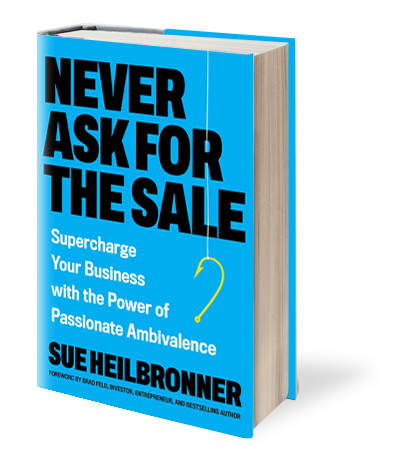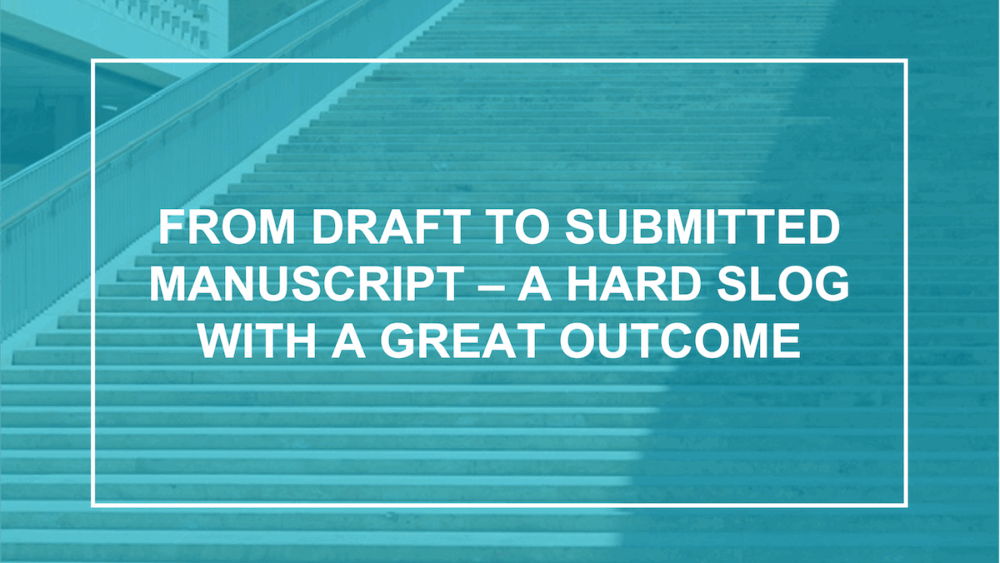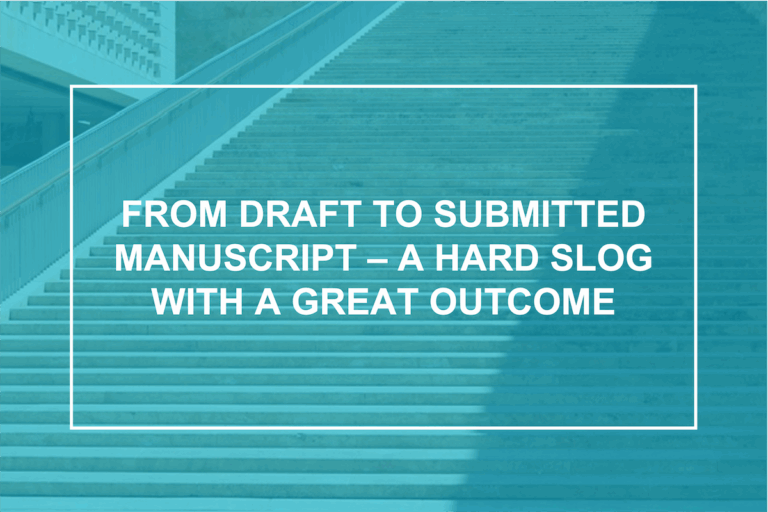From Draft to Submitted Manuscript – A Hard Slog With a Great Outcome
When we last met (see my last post here and a summary of my publishing path here), I had received an offer from an editor and publisher I wanted to take!
At the time, my agent Michael and I thought all that remained was inking a perfunctory contract from the terms Dan had offered in his proposal as documented by the legal team at Hachette. Happily, we did get the deal signed.
Our term sheet was agreed to in November 2023.
The contract was signed in early 2024.
The publishing date was set for September 9, 2025. No, I cannot miss a chance to suggest you buy Never Ask for the Sale now.
The first thing we needed to resolve was a title for the book. We knew already that our editor, Dan, and his team at Hachette were not going to go for the idea of calling the book “Youmanship.” That was a bit of a bummer. I was pretty attached to the title and thought it was snappy and clever, but I had received feedback from friends that was similar to what I heard from Dan. The title was a little bit of an unknown. It was hard to grasp for somebody new who was just seeing the book on the shelf. It didn’t necessarily strike anyone as a sales book at first, and it featured the word man right in the middle. Fair enough.
We went back and forth on the title, brainstorming, competitive research, and a lot of dissecting the flaws in each proposed title. We tried to pattern-match with successful titles from the past. In the end, none of the 50 to 100 titles I suggested made the cut. But Dan and his team came up with something fantastic, and that became the book’s title.
Armed with a title everyone loved, we were ready to get down to refining the manuscript that I had already drafted. I knew it needed a ton of work. Just changing the title alone required quite a lot of reconsideration. I was also ready to engage with my editor, outside readers, and experts in the field, as well as story contributors for some of the key lessons in the book to make the manuscript stronger. The first major hurdle of the publishing contract, after getting the contract itself signed, is getting the manuscript to what I learned was called “submitted” status. That status triggers the second advance payment and also represents a judgment by the publisher that the manuscript is accepted as ready for copyediting, proofreading, and the much more subtle (and less cumbersome) aspects of whipping a manuscript into shape. Did this idea of getting to a submitted status scare me? It absolutely did. This was my first time. I didn’t know how good it needed to be to be “submittable” and meet that criterion, but I was well on my way, delighted to have the expertise of others to help me create something excellent.
Then something truly unexpected happened. There was a major reorganization at the Hachette Company, and Michael and I learned that we had lost Dan Ambrosio as our primary editor. This was a really sad development. I liked Dan. He had voted for publication. He had generously collaborated to give the book a great title. I knew in working with him that the book would make it better for the business space that it was designed to meet. During the weeks that followed the reorganization at the publisher, we didn’t exactly know where the book would land. I was really happy we had the contract signed. And as it turned out, a few weeks after getting the news about the changes at Hachette and for Dan, we won the lottery again, getting Renee Sedliar on board as the editor for the project. Renee, we quickly learned, was smart, fast, responsive, insightful, and funny. Dan landed his next great role. Things were clicking along again. Phew.

The back and forth with Renee on the manuscript happened at the same time I was garnering feedback from outside readers. This was not the hardest part of the process—that honor belongs to the proposal—but oh my was this hard. There was some feedback whiplash: “This is great” “This (same thing) sucks!” But the greatest challenge was that all the feedback was superb. It was intense and enormously time-consuming to integrate it. I moved chapters around, added structure, solved for areas where I didn’t get my point across well, included the reader more in the journey of the book, and released a couple of chapters to the digital cutting room floor. That took time, energy, creativity, big and small thinking. It was grand and also granular. Sheesh, it was a lot of work.
I think the manuscript went through three turns with Renee, with each turn producing fewer asks for revisions and tosses for improvement. That was gratifying. After the third turn, I got the awesome news that the manuscript had been “submitted.” Frankly, if you’d told me a year earlier that this was as big a milestone as it actually is, I would have had no idea. But a few people, including Michael and Renee, had told me, and I was thrilled. The second advance payment was icing on the cake!
My reflections on the process of turning a decent draft (the shitty first draft was refined quite a bit before it hit Renee’s inbox) into a submitted manuscript gave me these insights about publishing a book with a top publisher:
- People who work at top publishers are superb. They understand the market. They keep the reader in the front of their minds. They are kind and also clear. They do what they say they will do, on time or ahead of time. They appreciate you for doing the same.
- Teeing off the first thing, I learned that, as an author (or as a longtime blogger or even as a person), I can sometimes drop the ball on relatability. Renee kept bringing me back to the interests of the reader. How can we fulfill our promise to the reader of coaching them to be better at selling and growing their business? How will this content apply to them intuitively? How can we make this exercise more succinct or this story more connected to the lesson of the chapter?
- Third, as a person who likes to improvise and shoot from the hip, who has almost never really practiced hard for anything (except memorizing that Tedx talk) and sometimes thinks that’s for the best, working this hard in this level of detail on something so gigantic (a really long document) pays dividends. The manuscript, the book, got better. Way better. By virtue of the involvement of great early readers, great editors, and nose-on-grindstone attention to detail and punching through occasional sheer bouts of boredom.
Not half bad.
Up next: Copyediting, Proofreading, and Reading Aloud FT
Any thoughts, feelings, or blurts? Share them here.


